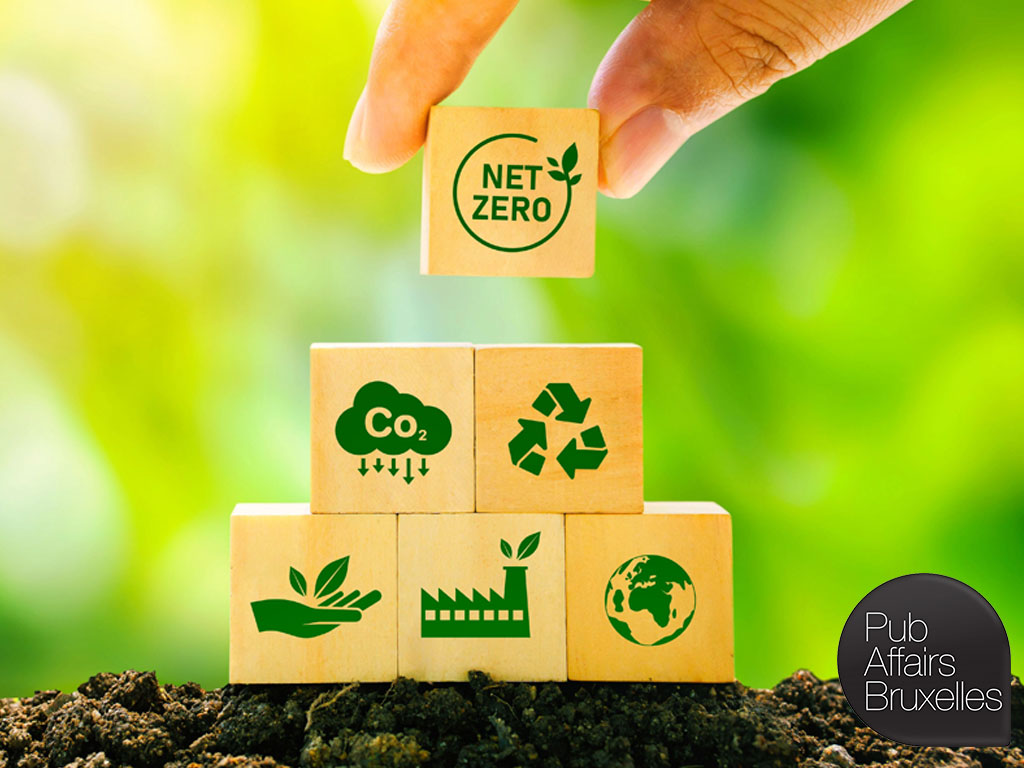We are delighted to invite you to an event which will be held on Tuesday, 25th of April of at 16.00.
This event will consist of an afternoon of discussion on the potential of renewable liquid fuels in light of the Green Deal Industrial Plan and the Net Zero Industrial Act. The event will also be a timely opportunity to discuss how these two initiatives will be able to build upon the Fit-for-55 package with our distinguished speakers:
- Mr Willem Van Ierland, Head of Unit, Low Carbon Solutions, European Commission, DG CLIMA;
- Mr Michał Kubicki, Policy Officer, Sustainable and Intelligent Transport, European Commission, DG MOVE;
- Professor Catherine Banet, Head of the Energy and Resources Law Department, University of Oslo and and Research Fellow at CERRE;
- Mr Philipp Offenberg, Senior Manager, Breakthrough Energy;
- Mr Lars Peter Lindfors, Executive Vice President for Innovation, Neste.
The event will be moderated by Stefano Porciello, Correspondent, MLex.
This event is public and will be held online.
This event is organised in partnership with
About the debate
On the 1st of February 2023, the European Commission presented the Green Deal Industrial Plan (GDIP). Designed to speed up the transition towards a net-zero economy while enhancing the competitiveness of European industry, the legislation follows on from the Fit-for-55 package and the REPowerEU initiative.
The GDIP aims to provide a more supportive environment for the scaling up of the EU’s capacity to manufacture the technologies and products urgently needed to meet Europe’s ambitious climate targets. This proposal was followed by the Net-Zero Industry Act published on the 16th of March 2023. These two initiatives combined aim to incentivise EU-wide investment, as well as to foster the development and manufacturing of clean technologies within Europe. They also come as a response to the United States’ Inflation Reduction Act (IRA), which highlighted the risk of behoving EU clean-tech companies to move their production sites to the US.
The EU institutions have long discussed the necessity to simplify the European regulatory framework in order to foster and scale up the fast-growing net-zero technology sector and the investment needed to make this happen across sectors. The European Commission’s proposal lists batteries, windmills, heat pumps, solar, electrolysers and carbon capture and storage (CCS) among the technologies that will be prioritised in the upcoming legislation. However, the list is not exhaustive: the GDIP will be discussed further during the European Council meeting at the end of March, when EU Member States will assess the strategic importance and identify the distinct needs of the various types of technology.
Within this context, the question of the extent to which the Green Deal Industrial Plan and the Net-Zero Industrial Act will be able to build upon the Fit-for-55 package has emerged and could be of particular relevance to the transport sector. In fact, renewable liquid fuels are not currently listed in the European Commission’s proposal as an essential feature of EU policies to meet climate targets. This is despite the fact that several observers have remarked on the importance of advanced biofuels and innovation in this domain as a strategic factor for the EU green transition.
Indeed, advanced biofuels and renewable fuels from non-biological origins (RFNBOs) offer significant greenhouse gas emission reduction potential. In transport particularly, they are an immediate and available option for decarbonisation, especially for the modes that lack alternatives or the necessary infrastructure. For these reasons, it is of strategic importance both to discuss how renewable liquid fuels have aligned with the Fit-for-55 package to date, as well as to explore what role they can play in Europe’s path towards a net-zero economy.

The event will be held online and will start at 16.00 and will last around an hour and a half.
This is a public event, hence the Chatham House Rule will not apply.
The audience will be able to ask questions during both the discussion and the Q&A session through sli.do
#RenewableLiquidFuels
We look forward to e-hosting you at 16.00 on the 25th of April.


